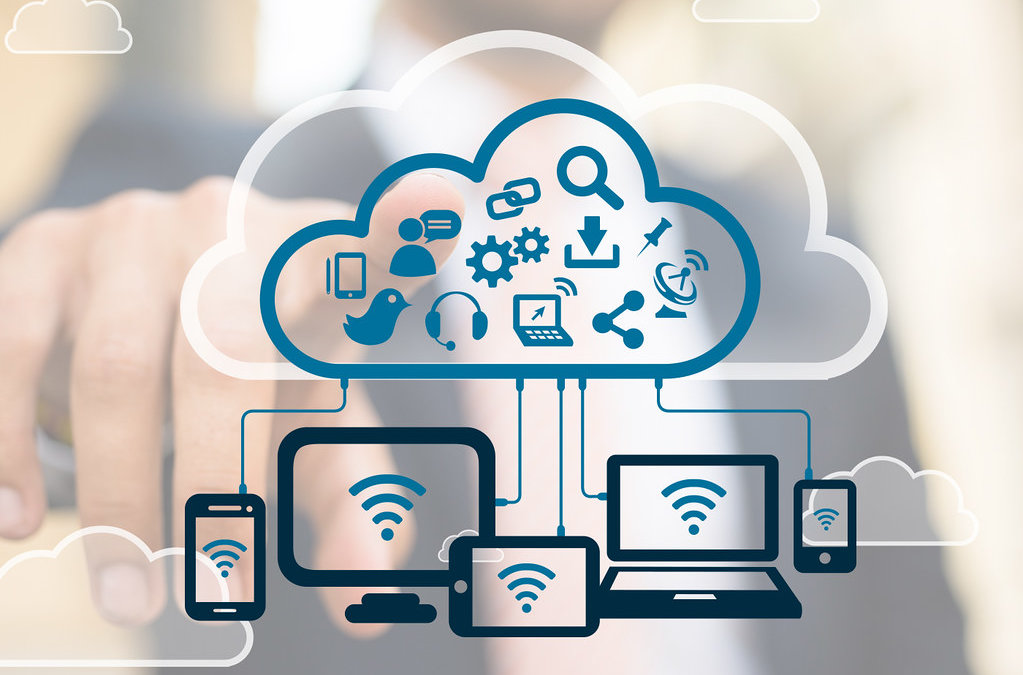Cloud computing technology is one of the key business automations that are trending across businesses and companies. The utilization of cloud computing technology allows businesses to reap various benefits and competitive advantages. There has been an increasing trend of businesses preferring to use cloud accounting software in their operations as they pose numerous benefits.
Being able to work remotely
Cloud accounting enables businesses and their accountants to work from anywhere in the world. The storage of accounting records across the web ensures that the businesses can remotely access their financial information whenever the need arises.
Convenient sharing of information
In situations where a business needs to share its financial records with key stakeholders such as shareholders, managers, investors, and advisors, cloud accounting comes in handy. In this regard, the business can make it possible for stakeholders to gain access to internal business records. It is also possible for the business to remotely update such records at the click of a button.
Access to all cloud computing benefits
Cloud accounting gives a business the chance to benefit from additional cloud computing benefits. Firstly, the business will not be vulnerable to common risks such as data theft and loss of information through computer crashes. Secondly, the business will have access to enhanced data security measures such as data encryption and data backup to maintain the integrity of the financial records.
Customized reporting and financial analytics
Cloud accounting software can be customized to give businesses an opportunity to make various financial disclosures and computations easily. Businesses using cloud accounting software have access to powerful dashboards that come with customized features that can help visualize various key performance metrics and indicators. This makes the accountants’ work easier and seamless.
Integration of machine learning
Cloud accounting platforms allow businesses to reap additional benefits such as access to auto-allocations of transactions into a business template. For instance, as financial transactions occur, the accounting software can remotely and automatically allocate the transactions to the correct books while computing tens of other calculations to ensure a real-time update of the business’s financial records. This convenience makes it possible for businesses to make accurate financial decisions at any time.

